Father of Lord Shiva
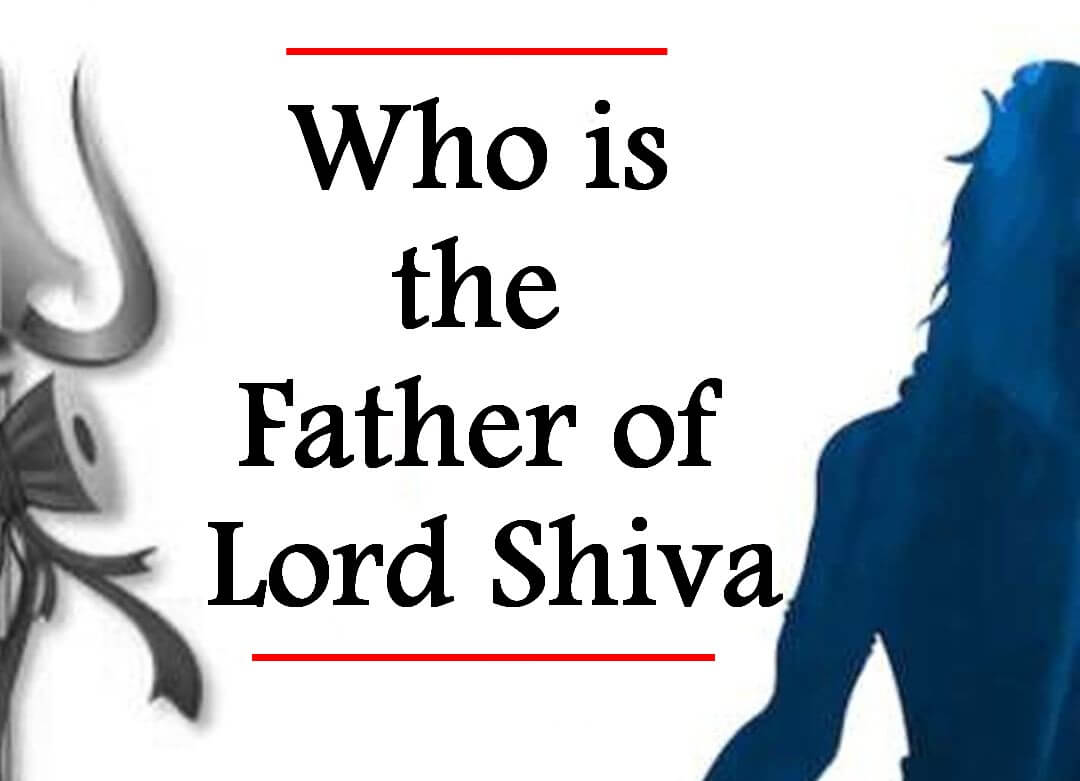
Lord Shiva, one of the most revered gods in Hinduism, is considered by many as the Supreme God. However, little is known about Who is the father of Lord Shiva. The fact is that Lord Shiva has a father whose name is Sadashiv, also called Brahm or Kaal. This will become clear from Shiv Purana which is discussed later.
Oblivious to the Holy scriptures especially the Puranas, Gurus and Acharayas have been spreading misinformation by saying that Lord Shiva is eternal and does not have any Mother or Father. This is far from reality, and the fact is that Lord Shiva has a Father and a Mother. The general public therefore also has the same belief that Lord Shiva does not have a father. Both Shiv Purana and Shrimad Devi Bhagavad Purana give information about the parents of Lord Shiva.
Who is the Father of Lord Shiva?
The father of Lord Shiva is Brahm (Kaal) and Mother of Lord Shiva is Goddess Durga. This evidence is present in Holy Puranas. Chapters Vidhveshwar Samhita, and Rudra Samhita in Shiv Purana give information about the Father of Lord Shiva.
Knowledge from Shiv Purana about Lord Shiva's Father
Shiv Purana, Vidhweshwar Samhita, Chapter 10
Shiv Puran, Vidhweshwar Samhita, Chapter 6 describes an account where a fight erupted between Brahma and Vishnu. To stop the fight, Lord Sadashiv (Sadashiv is the father of Brahma, Vishnu and Shiva) erected an illuminating pillar between them. Lord Sadashiv then himself appeared at the scene and addressed Brahma and Vishnu. He addressed them as his children. While addressing Brahma and Vishnu, he also talked about Mahesh and Rudra being his children. See below.
Shiv Purana, Vidhweshwar Samhita, Adhyay 10, Page 18 - Hindi, verse 10, 11
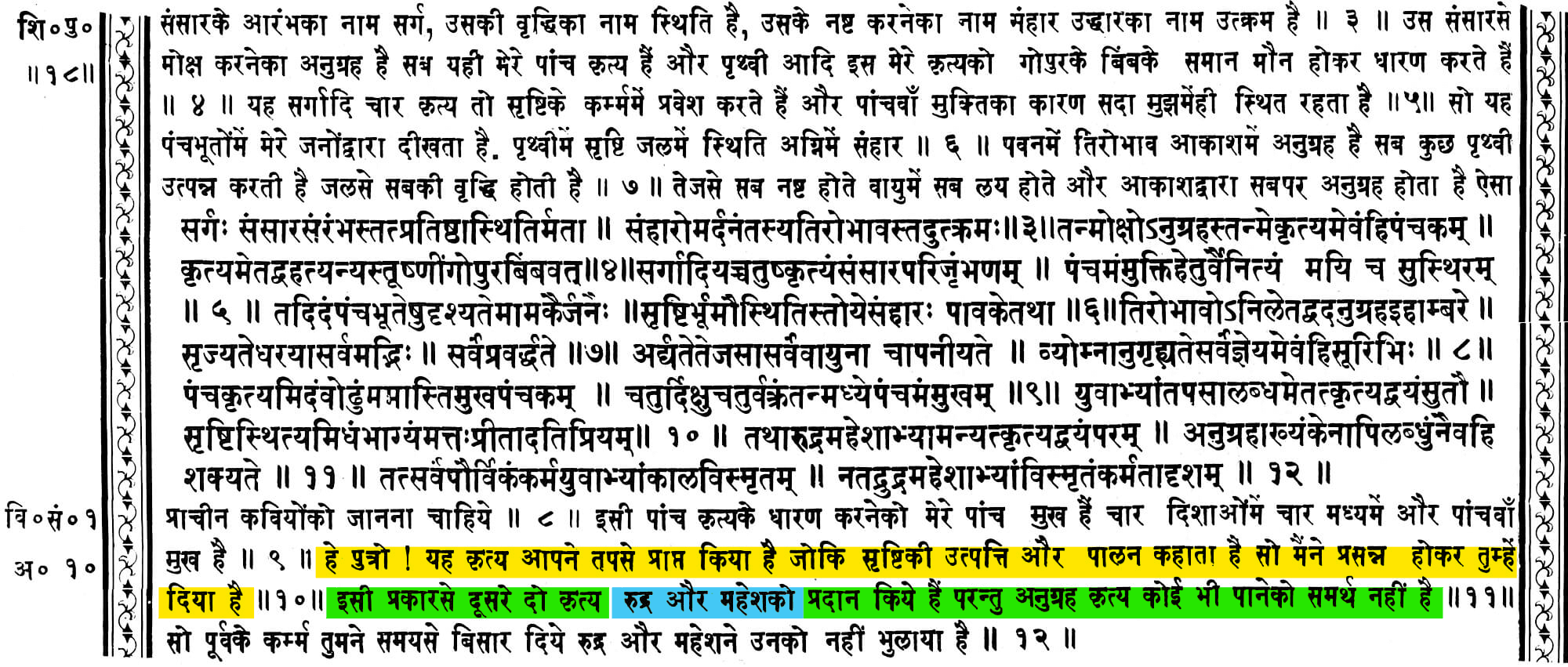
Shiv Purana, Vidhweshwar Samhita - Gita Press Gorakhpur
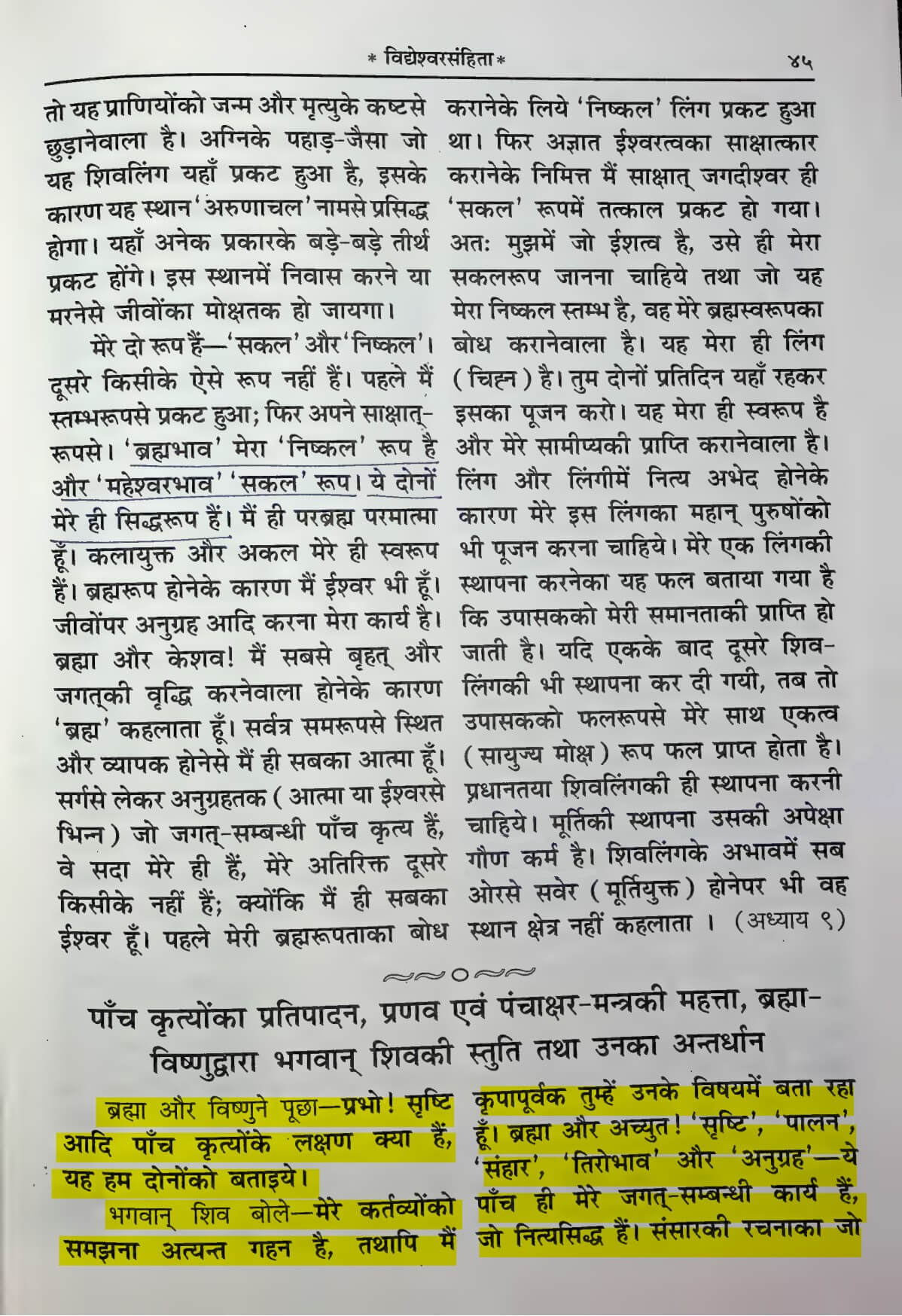
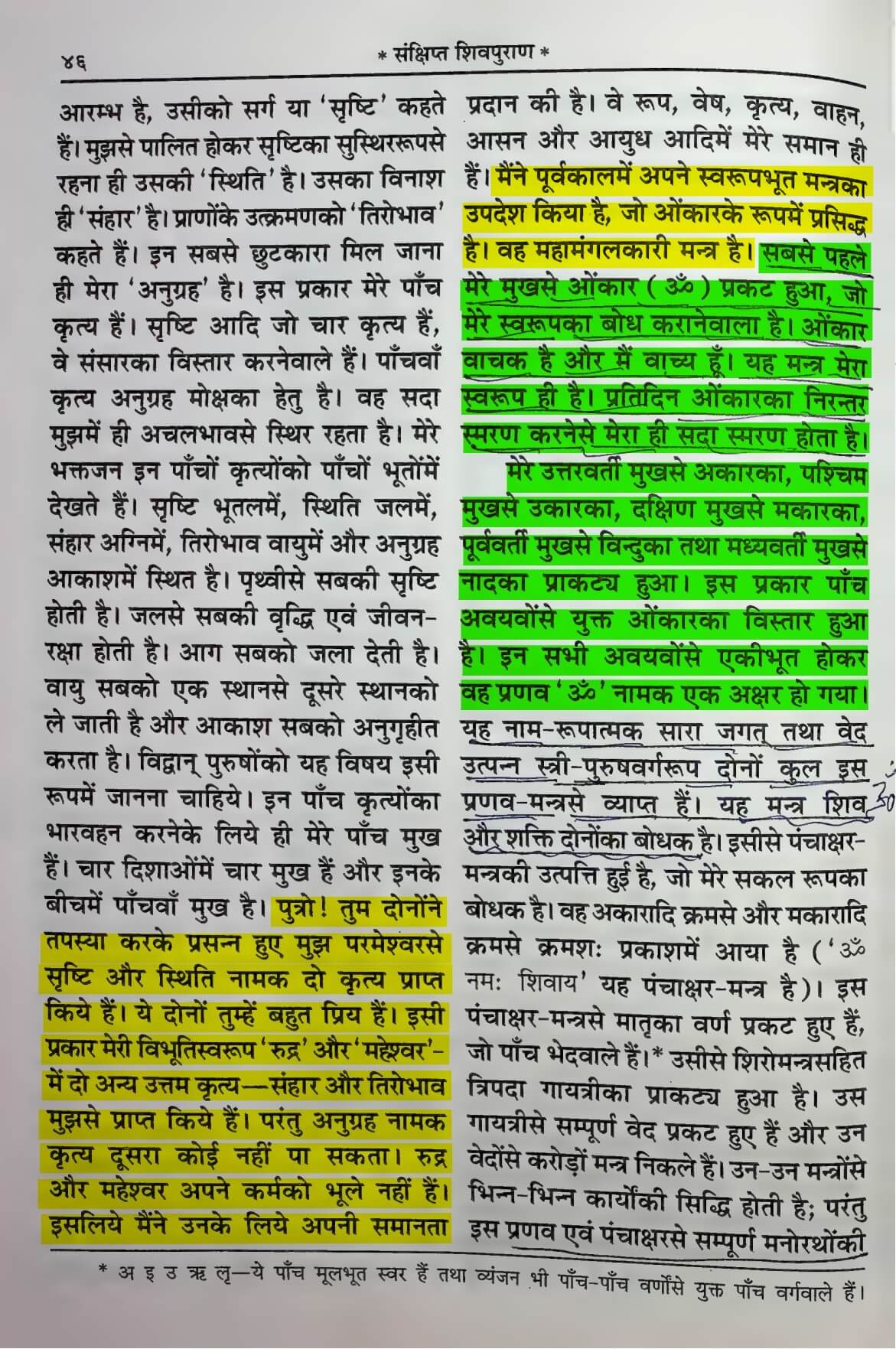
Shiv Purana, Vidhweshwar Samhita, Chapter 10 - English
10. O sons, in view of your austerities you two have received the first two activities:—creation and maintenance. You have gratified me and are blessed therefore.
11. Similarly, the other two activities (annihilation and concealment) have been assigned to Rudra and Mahesa. The fifth one of Anugraha (to bestow blessings) cannot be taken up by any other.
Gist: In verse 10 above, Lord Sadashiv is addressing Brahma and Vishnu as his children and is telling them that you have acquired the quality of creation and maintenance from me. In verse 11 he goes on to say that the quality of annihilation and concealment has been given to Rudra and Mahesha.
Lord Sadashiv here makes a clear distinction between himself and Shiva. He then goes on to say that the quality of 'Anugraha' (to bestow blessings) is possesed by none of you. This Sadashiv is the Father of Lord Shiva. He is also the Father of Brahma and Vishnu. Sadashiv is also known as Kaal. In fact, Kaal or Brahm acquires the Sadashiv form to remain hidden and to not reveal his true identity in front of his children.
Shiv Purana - Rudra Samhita
Shiv Puran Rudra Samhita, Pratham Khand, Adhyay 1 - Hindi
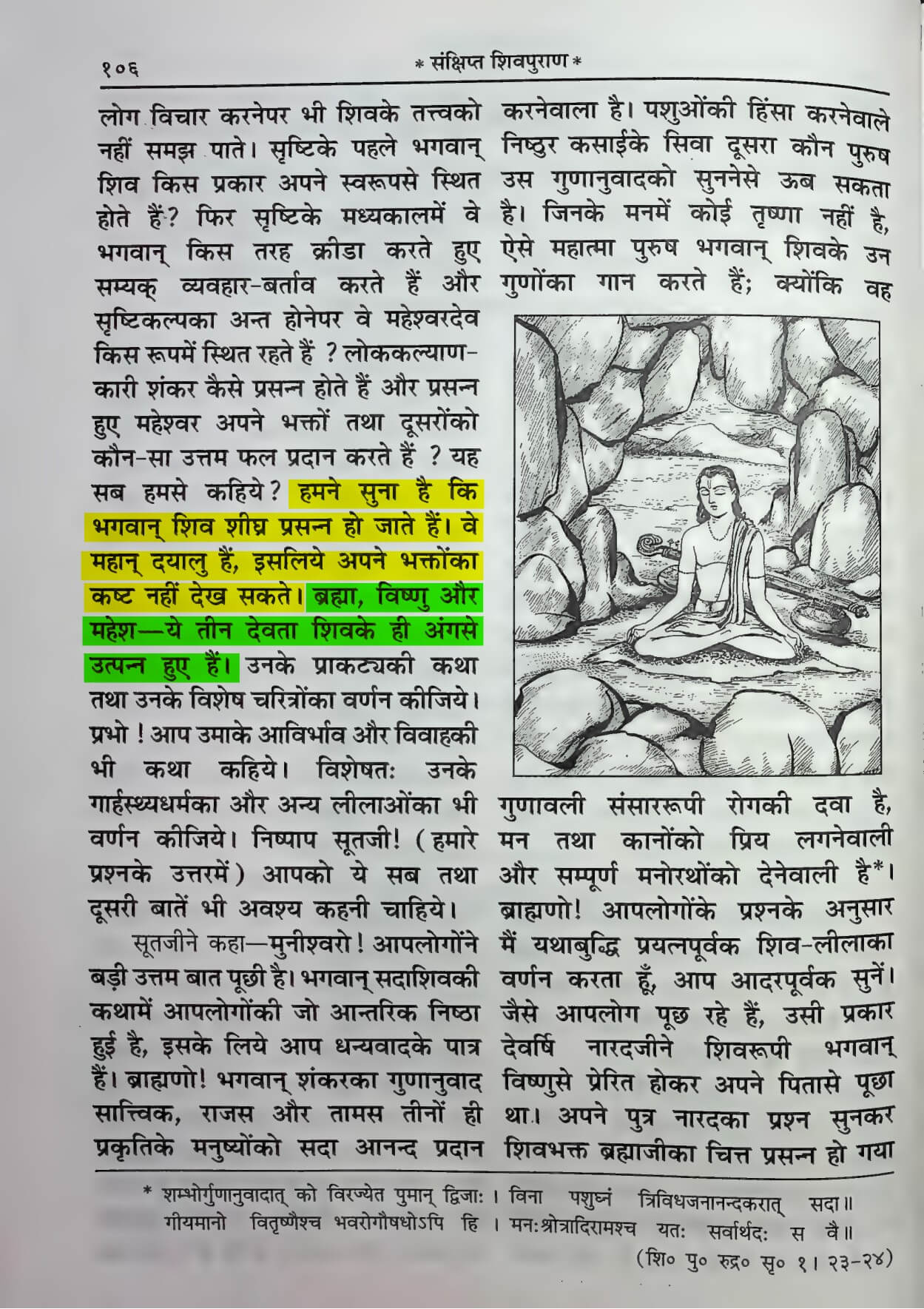
Shiv Puran Rudra Samhita, Khand 1, Chapter 1 - English
We have heard that Lord Shiva is easily pleased. He is very benevolent, therefore cannot witness the agony of his devotees. The trio Brahma, Vishnu and Mahesh have originated from Shiva.
In the above verse from Shiv Purana, again it is Sadashiv who is being described as the originator of Brahma, Vishnu and Mahesh (Shiva).
- Read: detalied analysis of Shiv Puran
- Shrimad Devi Bhagavad Puran gives the knowledge about Mother of Lord Shiva. Readers are encouraged to read - Mother of Lord Shiva
Conclusion:
Shiv Purana gives decisive knowledge about the originator of Lord Shiva. At various places it describes Lord Sadashiv to be the father of Lord Shiva, Brahma and Vishnu. This proves that Lord Shiva has birth and death and is therefore not eternal. This has also been proved in Shrimad Devi Bhagavad that Brahma, Vishnu and Shiv take birth and die.
References:
- Shiv Purana, Vidhweshwar Samhita, Adhyay 10, Page 18 - Hindi
- Shiv Purana, Vidhweshwar Samhita, Chapter 10 - English
Age of Lord Shiva Mother of Lord Shiva
Categories: hinduism | Tags:
